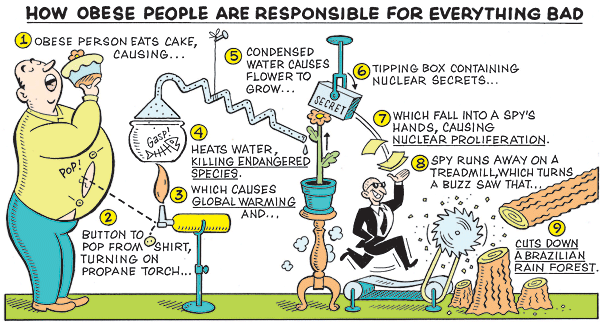There is an interesting debate going on about a new field of “neuroeconomics”, which involves the study of human economic behavior using the tools of brain science. It seems that in recent studies people have been asked to make economic decisions, like making investments or placing bets or trusting strangers with money, while their brains are scanned in MRI machines.
It has long been known that people often make decisions that don’t make any sense from a purely rational, economic sense. Kahneman and Tversky showed that people, for example, often make decisions based on “loss aversion” rather than by attempting to maximize their gains. For example, people will often avoid taking a risk with a good chance of paying off if they can avoid taking even a small risk of having a loss. When people make decisions that are not ideal from a purely economic, rational sense, it is important to understand why.
The results from the brain scans are fascinating because they show that two general areas of the brain are active during these economic decisions, the “rational” prefrontal cortex and the deeper limbic system known to be involved with emotions. Moreover, sometimes the limbic activity is stronger than others, and this is when people make decisions that are not rational from an economic point of view.
A similar phenomenon occurs when people are asked to make decisions involving immediate gratification versus long-term rewards — situations like saving for retirement, or quitting smoking. Again, the brain scans show that the limbic areas of the brain show more activity when people consider the immediate gratification option rather than the long-term option. And, the more activity in the limbic system, the more likely the person is to choose immediate gratification. It seems that reason and emotion often compete in the brain, and emotion sometimes wins out, perhaps to the detriment of the person involved.
The debate begins when you consider what, if anything, should be done with these findings. A paternalistic view would suggest that people can be influenced to their detriment by emotions, and that policies should be in place for “saving people from the vagaries of their limbic regions” (Cassidy). Such policies might include changing retirement savings plans from an opt-in model to an opt-out model to encourage the long-term savings that seems to be so hard. Other practices might involve warnings on lottery ticks or cooling off periods before people make large purchases.
The issue under debate is whether such paternalistic responses are appropriate, or rather they are fundamentally against the principle of free will. Is it really “coercion to force people to do or refrain from something against their will for their own good” (Wilkinson). Wilkinson argues that a distinction between rational and emotional decision making is far too simple, and that thought processes are far more complex than that. Further, he argues that the economic ideals that are used to define “rational” behavior are a “mathematical fiction” that should not be used as a standard for human behavior. He counters that people should be considered to be the best judge of their own behavior, and it is not the role of government to get involved in personal judgments and decisions.
This is an interesting debate on the role of human nature in complex decision making and the implications for individuals and society.
To read more, have a look at:
“Mind games: What neuroeconomics tells us about money and the brain.”
by John Cassidy, The New Yorker, 2006-09-18. http://www.newyorker.com/fact/content/articles/060918fa_fact
“Neuro wine in old bottles.”
By Will Wilkinson, TCS Daily, 27 Sep 2006.
http://www.tcsdaily.com/article.aspx?id=092706A



